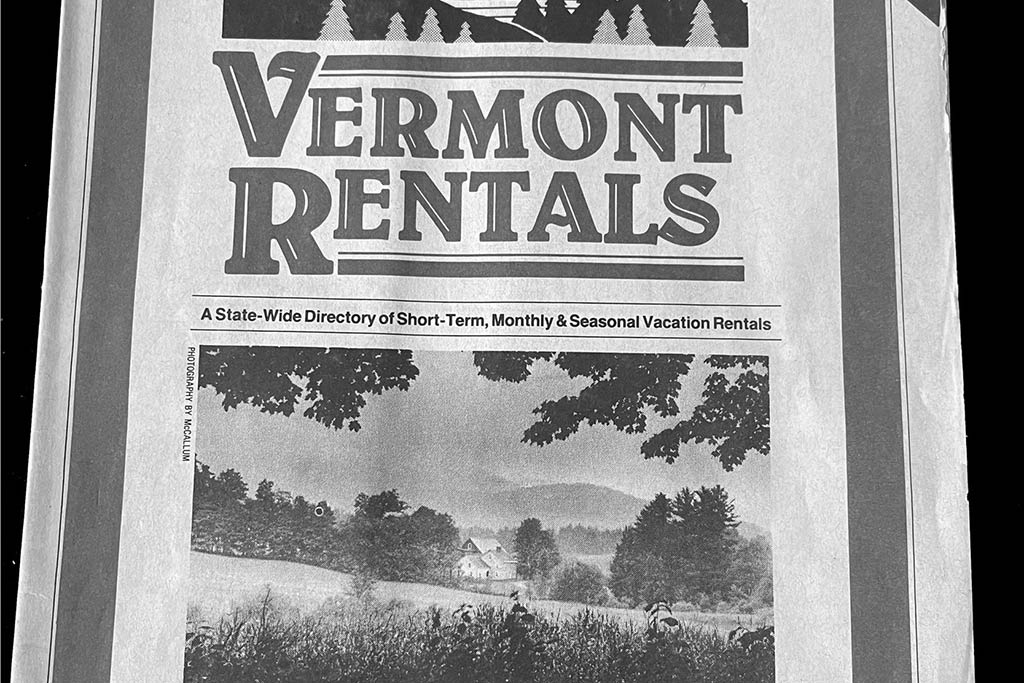
The History and Evolution of Vacation Rentals: From Cottages to Airbnb
Vacation Rental History: A Journey Through Time and Space
In the ever-evolving landscape of travel and leisure, vacation rentals or short-term rentals have emerged as a prominent player. These unique accommodations offer travelers a home away from home, often with a touch of local charm and authenticity. In this comprehensive article, we’ll embark on a journey through time, exploring the origins, growth, and transformative impact of vacation rentals on the travel industry. Let’s delve into the past and unravel the fascinating history of vacation rentals.
Introduction to Vacation Rentals
Vacation rentals, also known as holiday homes or self-catering accommodations, are furnished properties that travelers can rent for short-term stays. They range from cozy cottages and apartments to luxurious villas and even treehouses. Their significance in the travel industry lies in providing a unique and immersive experience, often distinct from traditional hotels.
Early Origins of Vacation Rentals
A Glimpse into the History of Vacation Rental

The roots of vacation rentals can be traced back to ancient times. Early civilizations, such as the Romans, would rent private villas for relaxation and leisure. This concept bears striking similarities to modern vacation rentals, emphasizing the enduring appeal of escaping to a home-like environment for a break.
The Influence of Vacation Homes
A Retreat in the Countryside
The notion of owning second homes, especially in picturesque rural areas, played a crucial role in the growth of vacation rentals. Traditionally, these homes were used as retreats for city-dwellers seeking respite from urban life. Over time, a shift occurred as these properties were increasingly rented out to fellow travelers.
Emergence of Vacation Resorts
From Seaside Getaways to Mountain Retreats
As transportation networks expanded, so did the popularity of vacation resorts. Beach resorts, mountain lodges, and spa destinations emerged as sought-after vacation spots. These resorts laid the foundation for the modern vacation rental industry by offering diverse experiences and accommodation options.
Evolution of Rental Agencies
The Mediating Role

Rental agencies and property management companies began to bridge the gap between property owners and travelers. They played a pivotal role in connecting people with suitable vacation rentals, marking a significant shift from traditional accommodation options.
Influence of the Internet
The Digital Revolution of Vacation Rental

The internet revolutionized the way vacation rentals were advertised and booked. Online platforms and websites allowed property owners to list their rentals, complete with descriptions and photos. Travelers could now directly book these accommodations, paving the way for a more accessible market.
Pioneering Vacation Rental Platforms
Airbnb and HomeAway: Game Changers

Platforms like HomeAway (now part of VRBO) and Airbnb disrupted the hotel industry by offering unique, personalized, and often more affordable lodging options. These platforms democratized the vacation rental market, allowing anyone to become a host.
Global Expansion
A World of Possibilities

The concept of vacation rentals transcended borders, leading to global expansion. Travelers now had the opportunity to choose from a wide array of accommodations in various countries and regions, from cozy cabins in the woods to chic city apartments.
Regulations and Challenges
Balancing Act

With rapid growth came regulatory challenges and controversies. Governments and communities grappled with how to address issues such as zoning laws, taxation, and neighborhood disruption. Striking the right balance between tourism and local interests became a pressing concern.
Technology and Innovation
Smart Stays

Technology played a pivotal role in the evolution of vacation rentals. Online booking systems made reservations seamless, while smart home features enhanced the guest experience. Innovations like Airbnb and Booking.com Experiences provide travelers with unique activities and adventures.
If you have an interest in this topic, I recommend reading the article titled
“AI’s Path to Success; Revolutionizing the Future of Vacation Rentals“
Changing Guest Expectations
The Quest for Authenticity
Traveler expectations evolved beyond mere accommodations. Today’s guests seek unique experiences, high-quality amenities, and personalized service. Hosts have responded by curating memorable stays that go beyond the ordinary.
Impact on Local Economies
Dollars and Cents

The economic impact of vacation rentals on local communities cannot be underestimated. These rentals create jobs and generate tourism revenue. However, concerns about housing affordability and neighborhood changes have also emerged in some areas.
Sustainability and Eco-Friendly Rentals
A Greener Approach

The growing trend of eco-friendly and sustainable vacation rentals reflects a heightened awareness of environmental responsibility. Initiatives to reduce the environmental footprint of rental properties, such as solar panels and recycling programs, are becoming more prevalent.
Future Trends in Vacation Rentals
Looking Ahead
What does the future hold for vacation rentals? Anticipated trends include niche markets catering to specific interests, shared ownership models, and the rise of hybrid accommodations that blend the comforts of home with hotel-like services.
Conclusion
In conclusion, Vacation Rental History stands as a testament to the enduring legacy of travel accommodations. From their humble origins in ancient civilizations to their influence in the digital age, vacation rentals have consistently adapted to cater to the evolving tastes and expectations of travelers. Their ability to provide a unique and immersive experience has been their hallmark throughout the ages. As we peer into the future of travel, one thing remains clear: vacation rentals will continue to play a pivotal role in shaping the way we explore the world, offering a home away from home and a touch of local charm that has defined their appeal for generations.
This article has been crafted using a variety of sources, each of which has been carefully reviewed. Among these sources:
- A Hunting Lodge to a $85 billion industry, Vacation Rental …
- Source: Vafion Blog
- The History of Vacation Rentals – Infographic
- Source: Rentals United Blog
- Vacation Rental Industry Past, Present, and Future
- Source: Holiday Vacation Rental
- The History Of Vacation Rentals – Your Getaway Guide
- Source: Saffron Stays Blog
- Vacation rental – Wikipedia
- Source: Wikipedia
- The History of Short-Term Rentals
- Source: KeyCafe Blog

